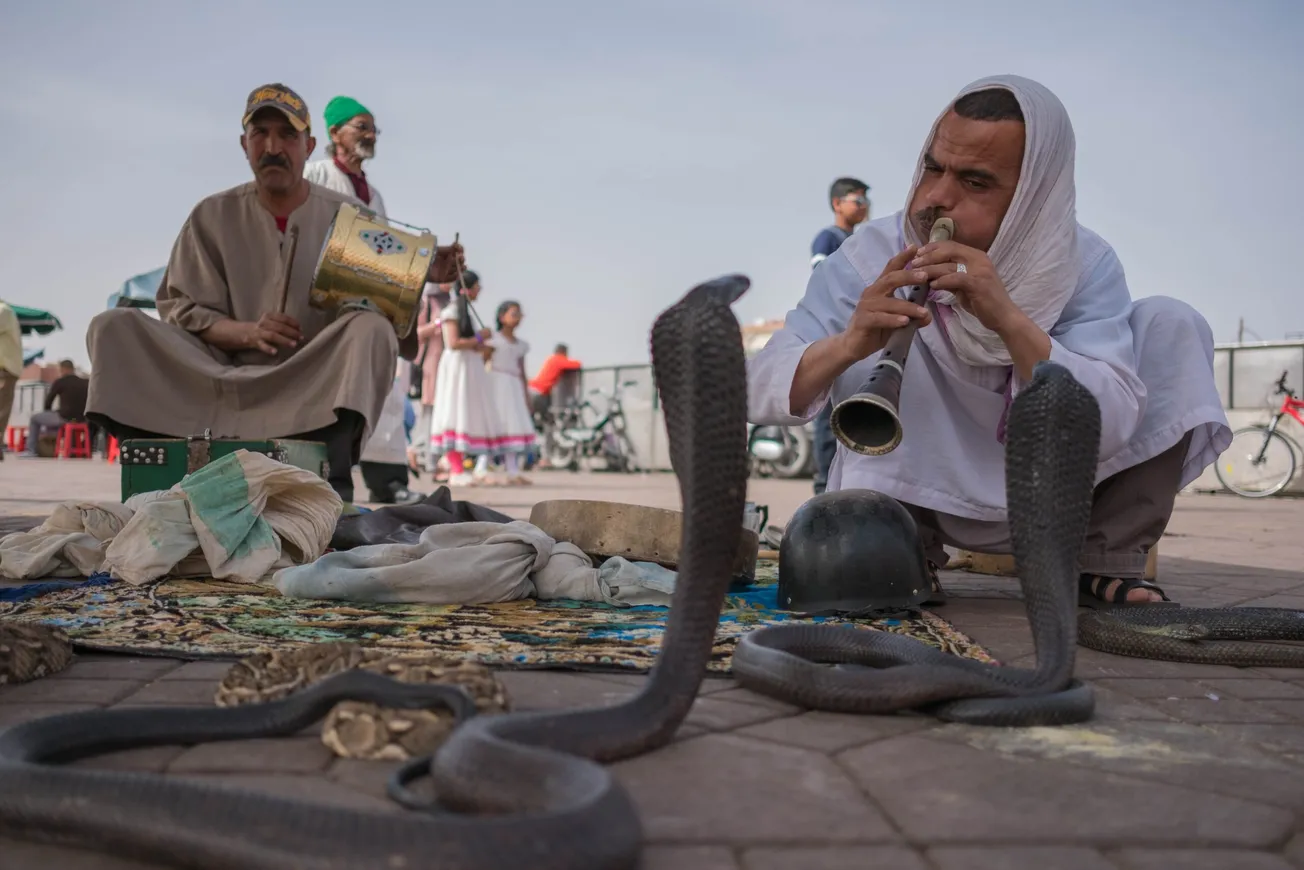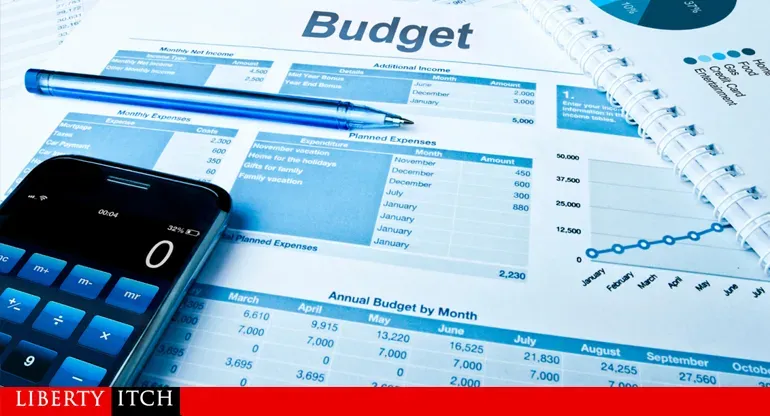Table of Contents
One of the most damaging conceits of socialists and big government enthusiasts is that the government, any government, has the ability to run a complex economy like a well-oiled machine. In reality, market forces are the consequences of millions, if not billions, of individuals making independent decisions. When bureaucrats start trying to tell individuals what they want, rather than letting them decide for themselves, the result is invariably a cock-up.
Governments and public service bureaucrats, of course, labour under the delusion that they are infinitely wiser than we plebs, so naturally they’re better qualified to run our little lives than we are. For every problem, they think, government is the solution.
Except that governments so often make problems far, far worse.
In British India, Delhi was at one time plagued with cobras. Cobras being a teensy bit more menacing than the usual pests in Indian cities, like rats, mice, or Indians shitting in the streets, the Colonial authorities decided to do something about it. The local authorities decided to place a bounty on cobras. All civic-minded Delhians had to do was turn in a cobra skin and collect the reward.
And it worked! The numbers of wild cobras slithering the streets of Delhi and doing cobra-y things, like biting people, rapidly decreased. Score one to the Raj.
Except…
No matter how few cobras there were in the streets, the authorities were still paying out lots of cobra bounties. Every day, people were handing over huge numbers of cobra skins. The government was paying just as many bounties as ever. How could that possibly be, given that there were no longer any cobras to be seen in the streets?
Because of the laws of supply and demand.
For many Delhi locals, the cobra bounty had become a useful source of income. Demand creates supply. Faced with a rapidly declining supply of wild cobras, entrepreneurial types took the next commercially logical step and started farming cobras in their homes.
Of course, as soon as government officials realised what was going on, they did the natural thing, too. Local officials cancelled the bounty.
And, in a knock-on effect, Delhi’s backyard cobra farmers, who overnight found themselves with thousands of suddenly-worthless cobras on their hands took the next logical step. They threw them out.
Presto! There were millions of newly-freed cobras slithering the Delhi streets. In the end, the city ended up with a worse cobra problem than it had ever had.
All thanks to government interference.
Delhi’s experience is such an exemplar of government “solutions” making things worse, that it has become known as the “Cobra Effect”.
There are countless more examples.
In French-colonial Hanoi, authorities put a bounty on rats – specifically, tails. Rat catchers made a fortune turning in rat tails. But the rat population remained as high as ever. But authorities noticed something peculiar: many of the rats had no tails. Entrepreneurial rat-catchers were catching the rats, cutting off their tails, and setting them free so as to keep up the supply of valuable rats (and their tails).
Mao launched the Four Pests campaign to rid China of mosquitos, rats, flies and sparrows. But, with the sparrows gone, the insects that they had fed on bred wildly and wiped out millions of hectares of crops.
In the 1980s, Mexico City introduced a scheme to cut down air pollution by deeming that cars with certain numbers on their licence plates were banned from the city on different days. Some people car-pooled or took public transport, as intended. But others just took taxis, which put out more pollution than the average car. Even more hilariously, some people resorted to buying a second car, with a different registration, and alternating cars depending on which plates were allowed for that day.
In the end, air pollution got worse.
Climate alarmism has produced cobras of its own. Spain, for instance, offered generous bounties to solar power producers. Then they noticed that some plants were producing power even at night. Solar producers were running generators to power enormous spotlights that they shone on their solar panels. The solar schemes were so lucrative that they were still able to turn a profit even after the cost of the diesel fuel and generators.
When the IPCC introduced a carbon credits scheme, the highest bounty of all was paid for companies destroying HFC-23, a by-product of a common coolant. Savvy businesses responded by producing more of the coolant, in order to destroy the nasty HFC-23 and claim their millions in carbon credits.
Ronald Reagan was right: “The most terrifying words in the English language are: I’m from the government and I’m here to help”.
If you enjoyed this BFD article please consider sharing it with your friends.









